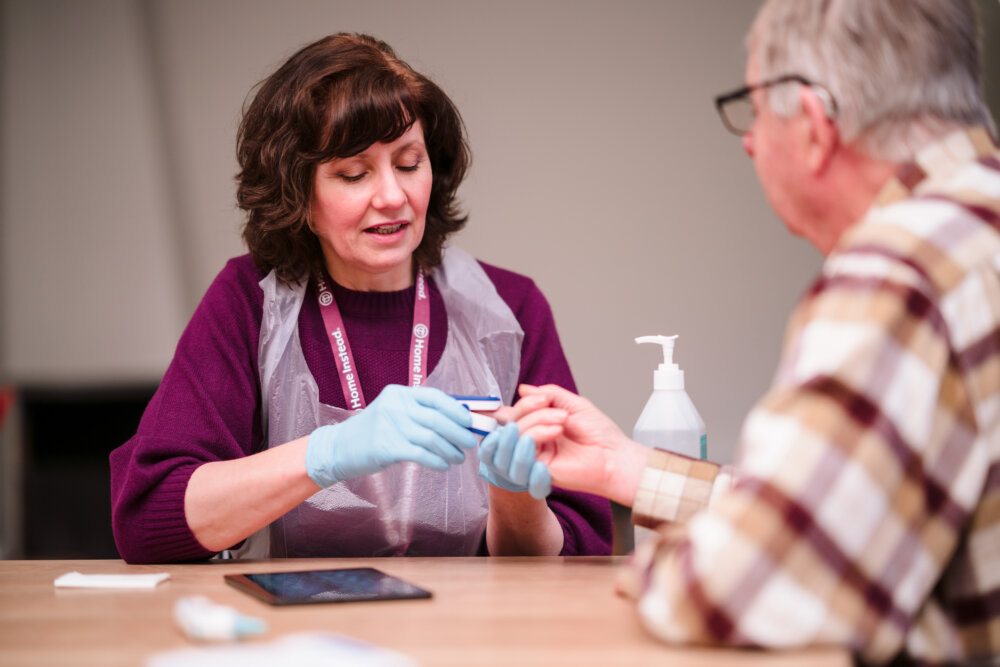When is it Time to Seek Professional Help for Your Elderly Loved One? Signs to Look Out For
Discover the signs that indicate it's time for your loved one to get professional help. Learn how to recognize changes in behavior and difficulties with everyday tasks.

Introduction:
Knowing when it’s time to seek professional help for an elderly loved one can be challenging. As their caregiver or family member, it’s essential to recognize the signs that indicate they may require additional support. In this blog post, we will explore key signs to look out for, such as changes in behavior and difficulty managing everyday tasks. We will also provide advice on how to approach the conversation about getting professional help.

1. Changes in Behaviour:
Pay attention to any significant changes in your loved one’s behavior, as they may indicate the need for professional assistance. Look for the following signs:
- Memory loss and confusion: Persistent forgetfulness, disorientation, and confusion that interfere with daily life.
- Mood swings and emotional distress: Uncharacteristic mood swings, increased irritability, anxiety, or signs of depression.
- Social withdrawal: Loss of interest in previously enjoyed activities, isolating themselves from family and friends.
- Poor self-care: Neglecting personal hygiene, weight loss, or changes in appetite.

2. Difficulty Managing Everyday Tasks:
Struggles with managing daily tasks can indicate the need for professional help. Be observant of the following signs:
- Safety concerns: Frequent falls or accidents, difficulty moving around the house, or forgetting to turn off appliances.
- Medication management issues: Missing doses, taking incorrect dosages, or confusion about medication schedules.
- Household maintenance challenges: A consistently untidy or cluttered living environment, neglected bills and appointments.
- Personal finance difficulties: Unpaid bills, unusual or impulsive spending, or confusion about managing finances.

3. Initiating the Conversation:
Approaching the topic of professional help requires sensitivity and open communication. Consider the following tips:
- Choose the right time and place: Find a comfortable and private setting where both you and your loved one can have an open conversation.
- Express concerns and observations: Share specific examples of the signs you’ve noticed and how they have impacted your loved one’s well-being.
- Be empathetic and supportive: Show understanding and assure your loved one that seeking professional help is a proactive step towards improving their quality of life.
- Involve them in decision-making: Empower your loved one by involving them in the decision-making process, discussing available options together.

Conclusion:
Recognizing the signs that indicate it’s time for your elderly loved one to get professional help is crucial for their overall well-being. By paying attention to changes in behavior and difficulties with daily tasks, you can identify when additional support is necessary. Approaching the conversation with empathy, understanding, and involving your loved one in the decision-making process can help them feel more comfortable and empowered. Remember, seeking professional help is a proactive step towards ensuring your loved one receives the care and assistance they need.
We hope this blog post has provided you with valuable insights on recognizing the signs and initiating conversations about professional help. Stay tuned for more informative content on senior care in our future blog posts.
Note: It’s important to consult with healthcare professionals, such as doctors or geriatric specialists, for personalized advice and guidance when considering professional help for your loved one.
